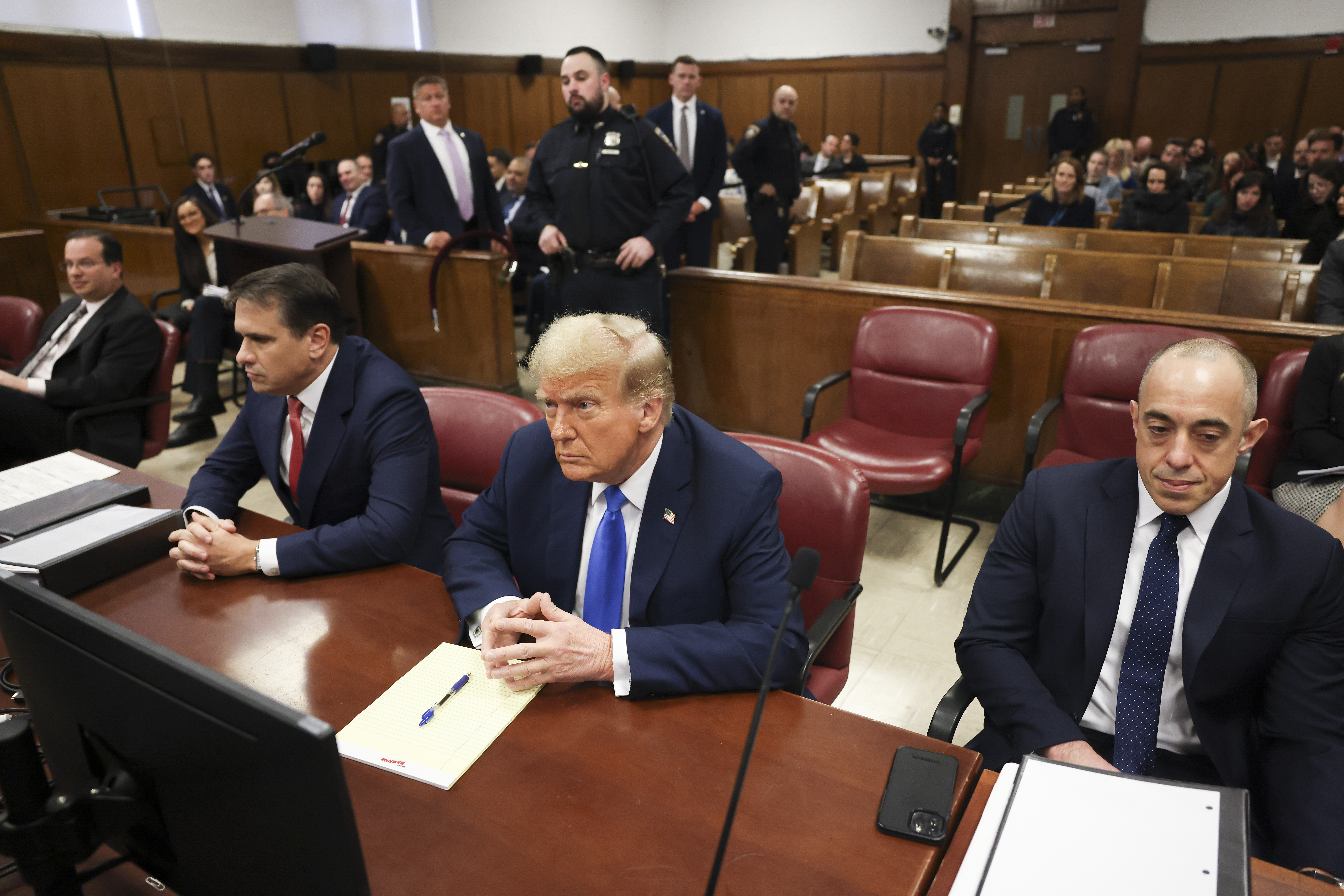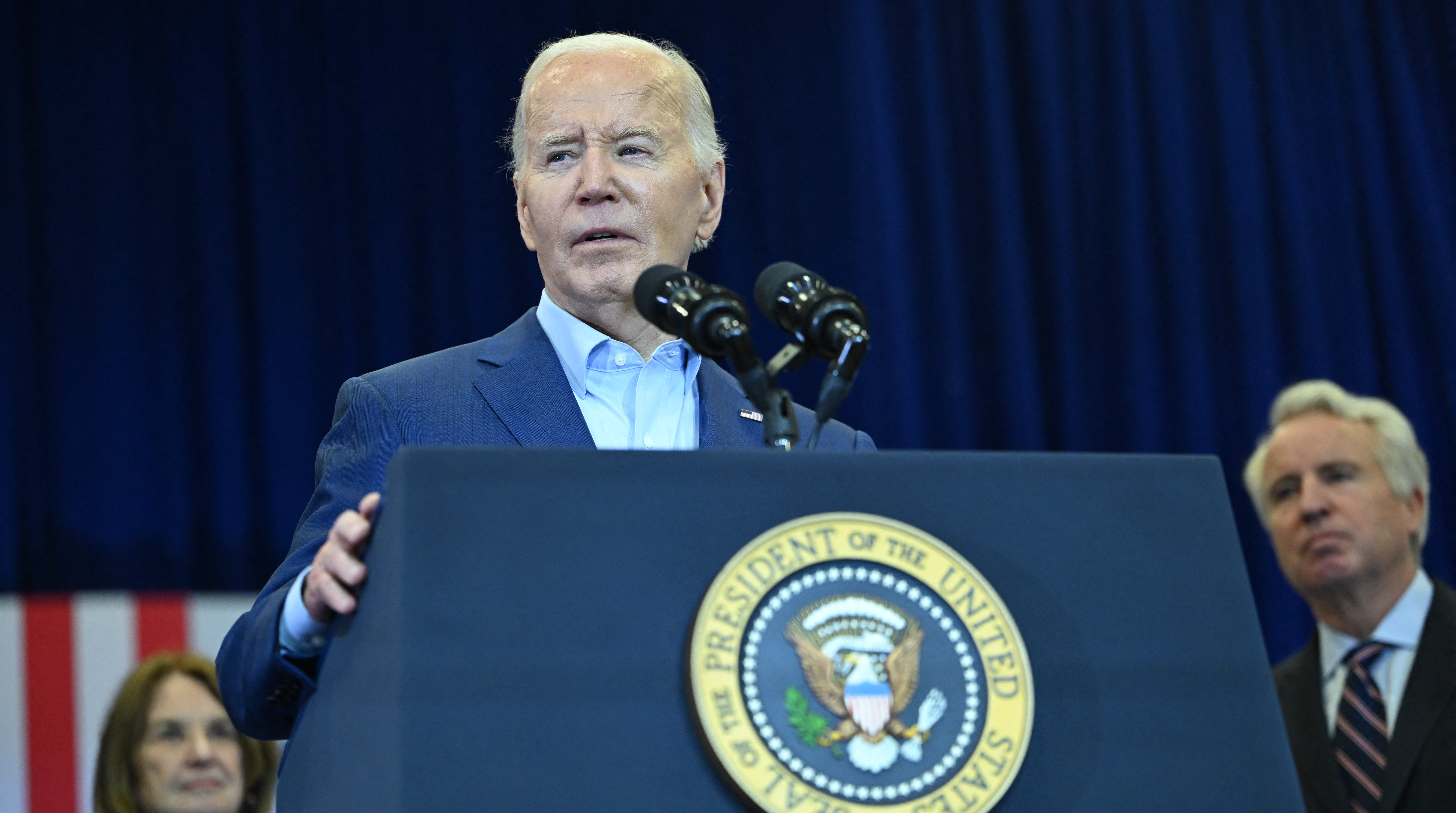A survivor of the atomic bombing of Hiroshima compared her struggle to survive in 1945 to the objectives of the group awarded this year's Nobel's Peace Prize during a formal presentation Sunday.
Setsuko Thurlow, who was 13 years old when the U.S. bomb devastated her Japanese city during the final weeks of World War II, spoke in Oslo, Norway as a leading activist with the Nobel-winning International Campaign to Abolish Nuclear Weapons.
Thurlow said the Hiroshima blast left her buried under the rubble, but she was able to see light and crawl to safety. In the same way, the campaign she is part of now is a driving force behind an international treaty to ban nuclear weapons, she said after ICAN received the Nobel prize it won in October.
"Our light now is the ban treaty," Thurlow said. "I repeat those words that I heard called to me in the ruins of Hiroshima: 'Don't give up. Keep pushing. See the light? Crawl toward it.'"
The treaty has been signed by 56 countries — none of them nuclear powers — and ratified by only three. To become binding it requires ratification by 50 countries.
ICAN Executive Director Beatrice Fihn, who accepted the prize along with Thurlow, said that while the treaty is far from ratification "now, at long last, we have an unequivocal norm against nuclear weapons."
"This is the way forward. There is only one way to prevent the use of nuclear weapons — prohibit and eliminate them," Fihn said.
U.S. & World
The other Nobel laureates announced in October — winners of the literature, physics, chemistry, medicine and economics prizes — were to receive their awards Sunday in Stockholm.



